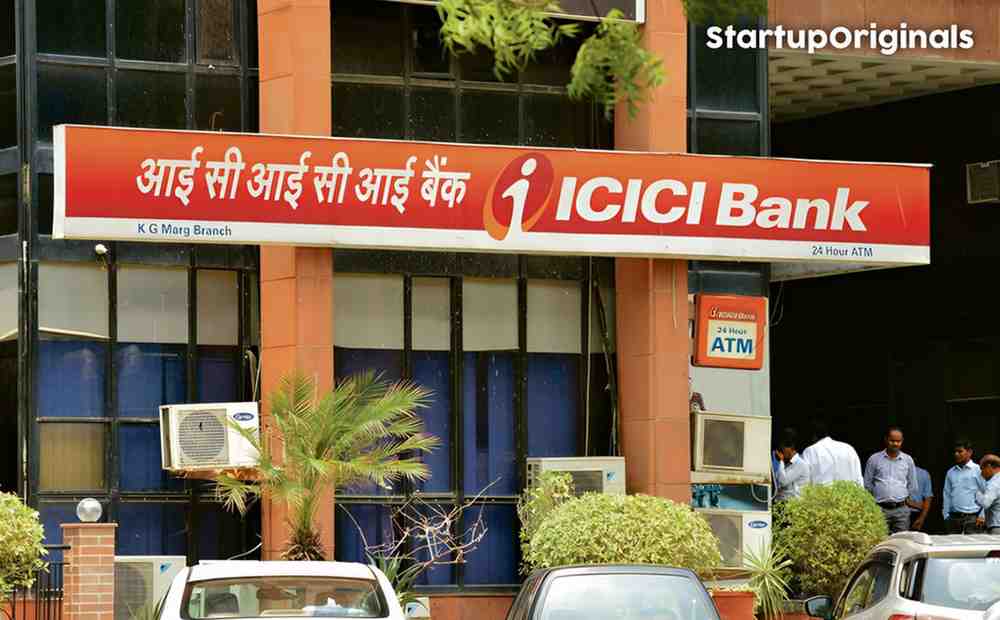
India’s gifting startup ecosystem has quietly marked a milestone, raising $115.9million between 2015 and 2025. Despite modest numbers compared to global peers, the latest Tracxn Gifting Platforms Wrap Report reveals how the sector has evolved from traditional, occasion-led gifting towards a tech-driven, experience-focused industry.
Funding Trends: Highs, Lows, and the Covid Boost
The Indian gifting startup space experienced its funding peak in 2022, with a record $63.9million raised in a single year. This surge was driven by pandemic-induced changes in consumer behavior, a boom in digital gifting, and the growth of direct-to-consumer (D2C) platforms. Notably, this period matched the sector’s move away from exclusively physical gifts to more curated, personalized online offerings.
However, the momentum slowed significantly in subsequent years:
- 2023: Funding fell sharply to $32.7million.
- 2024: Another big drop to $1.3million.
- 2025 (YTD): Only one Indian startup, Indigifts, managed to raise capital-securing just $57,600 in an angel round.
This mirrors a global trend: worldwide funding for gifting startups plunged from $218million in 2023, to $99.8million in 2024, and only $66.2million so far in 2025. The investment climate has turned cautious, with backers now showing preference for capital-efficient business models over rapid scaling.
How India Compares Globally:
While Indian gifting startups raised $115.9million over ten years, global gifting startups amassed a much larger $1.7billion in the same period. On an all-time basis, India’s segment has attracted $159.4million, compared to $2.52billion globally. Despite the gap, India’s resilient, founder-led businesses have carved out a strong foundation and are setting benchmarks in digital branding and operational efficiency.
Leading Players and Deals:
- Top Funded Indian Startups:
- Notable Investors in 2025:
- Major Global Deals (2025):
Exits and IPOs: Limited But Strategic
Exit activity in India has been sparse, with only five acquisitions in total-such as Xoxoday (acquired by Gift in 2022) and ZoomIn (acquired in 2018). No IPOs have occurred in India, mirroring the global scene, where public listings remain rare and mostly limited to legacy Western players. Most sector exits have come through acquisitions rather than IPOs.
Industry Transformation: Digital, Personal, and Experience-Driven
The Indian gifting sector has shifted from a largely offline, occasion-specific model to one focused on online personalisation, curated experiences, and corporate gifting. The pandemic accelerated this digital shift and unlocked new demand in both festive and business contexts. Now, investor attention is on sustainable growth, with innovation and customer engagement driving long-term value creation.
Conclusion: Resilience Amid Funding Challenges
The last ten years show that India’s gifting startups, while operating in a relatively low-volume funding category, are building solid, scalable businesses. In a tougher investment climate, these companies stand out for their innovative approaches, operational efficiency, and continued ability to attract selective, conviction-driven capital.
As capital becomes more discerning, the sector’s focus on value, brand, and digital-first solutions promises to shape the future of gifting in India and beyond.




